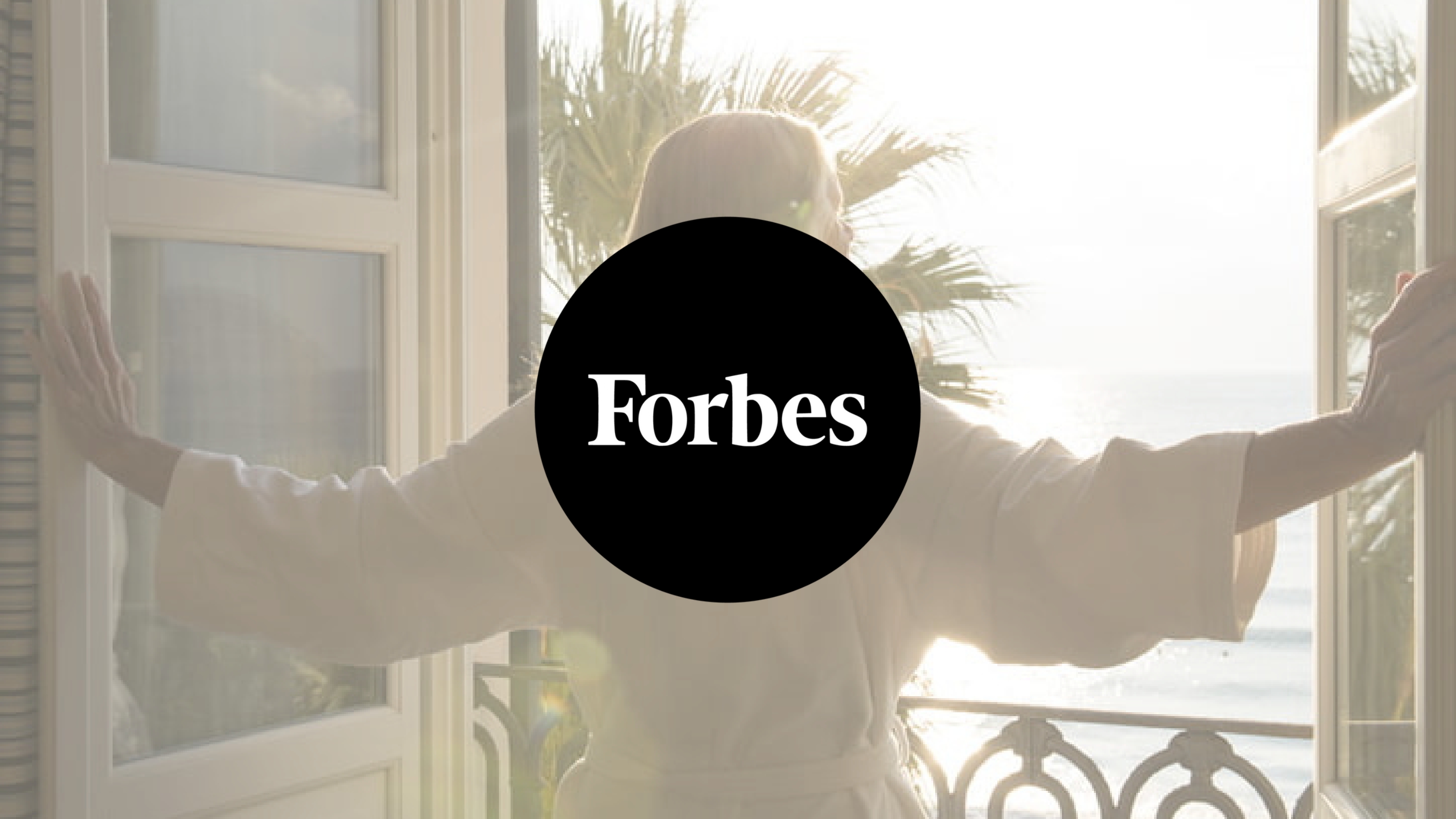
Forbes
How Luxury Hospitality Is Adapting
Each economic crisis has demonstrated the luxury hotel industry’s ability to reinvent and adapt. This industry, which has flourished for decades, is, due to its international scope, made up of managers and employees prone to change and responsiveness. The current health and economic crises will be another good example of this. Profound transformations are and will continue to be made in the way we welcome guests, but major strategic changes will also emerge. By Guillemette Notarangelo, Managing Director of Blossom Projects, a high-end hotel audit and consulting firm and Sup de Luxe alumna .
When the lockdown was announced in mid-March, luxury hotels, palaces, and other gourmet restaurants had to rethink their approach and consider what would come next. This meant taking note of the new health and safety measures imposed by the government. But, if we look at a few key examples of this protocol, requiring customers to maintain social distancing and rethinking the aeration and ventilation systems of public spaces is no small feat in this highly demanding sector! Who would have thought that health and safety practices would become a real marketing tool in tourism?
Leading French interior designers were approached by their market-leading clients to redesign their spaces. And the response was swift. It was essential to be able to offer new layouts in reception areas. Without partitioning tables in Plexiglas corners, it was necessary to modify space management while maintaining the establishment’s profitability. Renowned designer Patrick Jouin and Alain Ducasse prototyped the restaurant of the future in the renowned chef’s « Allard » establishment. Without social distancing indoors, but with major technical improvements.
Since the clientele of luxury hotels and restaurants is predominantly international (American, Chinese, Russian, Middle Eastern, etc.), it has become vital to refocus promotional efforts on local markets, which have been neglected in recent years. By « local » we mean cities, countries, and the European continent. The largest French establishments will use staycations , an English term meaning taking a vacation « at home, » and will offer deals tailored to these new tourists. An urban couple from Lyon will decide to stay in a beautiful establishment within the city walls for a weekend of escape, gastronomy, and relaxation, far from the constraints of everyday life. For example, the Hôtel Plaza Athénée in Paris has created the Ultimate Staycation package for Parisians and French people wishing to experience the « Plaza Lifestyle. » Services tailored to this new target clientele are included, such as early arrival and late departure, as well as parking.
Luxury hotels will also need to demonstrate greater flexibility in terms of their booking cancellation policies, as travelers have been largely turned off during this period of confinement and are therefore slow to commit to future stays. The Mandarin Oriental hotel group, like many of its competitors, has reduced the possibility of canceling a reservation to 24 hours before arrival. This applies even to prepaid rates, which are often subject to more restrictive conditions.
Furthermore, many prestigious establishments have developed a luxury gastronomy offer delivered to homes during the lockdown. This is the case of the famous Chef Stéphanie Le Quellec, who has two Michelin stars for her restaurant La Scène. Guy Savoy and Hélène Darroze have also started offering takeaway . Chefs will probably have to keep this great initiative after the reopening if customers are slow to return. And even if they do! Discovering that it is perfectly possible to obtain this additional income, thanks to the health constraints specific to this period, will have been a successful bet!
When French hotels fully reopen, it will be important to reassure travelers by offering, for example, gift boxes at check-in that include hand sanitizer, masks, a set of room keys, tickets to shows or museums, but also by spacing out tables in restaurants, or by any other action that will help maintain quality service and an unforgettable experience, while observing strict hygiene rules.
There are many measures to compensate for the lack of visitors, and hoteliers will be able to cope with this unprecedented crisis. However, the purchasing power of Europeans remains well below that of international luxury customers, and business tourism will take time to return; the lockdown has revealed a disconcerting ease in remote international exchanges! It will therefore be necessary to focus primarily on leisure and wellness tourism, offer a range of products and services adapted to the new health conditions, prospect for new customers, and work on new models. This necessary adaptation and this need to reinvent oneself will undoubtedly, once international tourism is boosted, provide additional growth drivers for hoteliers. The return to normal will certainly be a long time coming, as it is prudent not to envisage a real recovery before the end of 2021, but this crisis will allow the most agile and responsive to activate new strategic levers!

Sorry, the comment form is closed at this time.